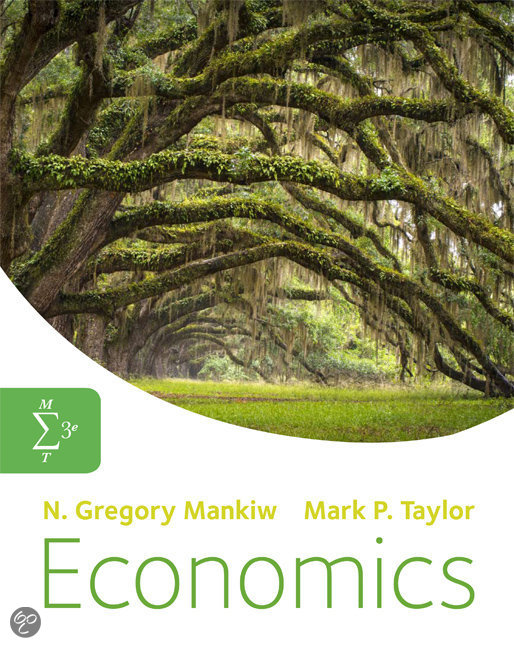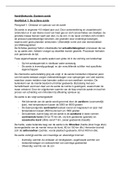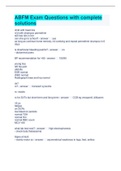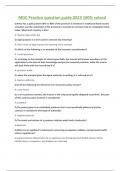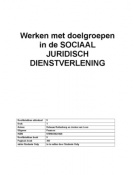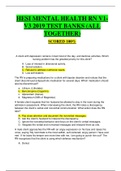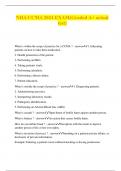Samenvatting
Introduction to Microeconomics - Summary
Introduction to Microeconomics. Literally has EVERYTHING covered in class and all the chapters of the book Economics by Mankiw and Taylor (edition 2017). I scanned all the important diagrams and schemes from the book as well. It is 153p. so you won't find a more complete summary. I made a nice lay-...
[Meer zien]

